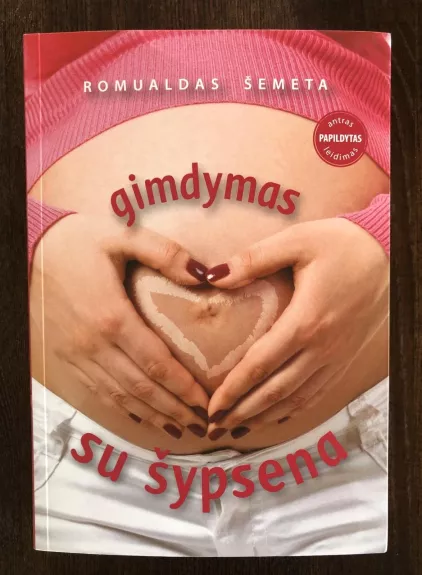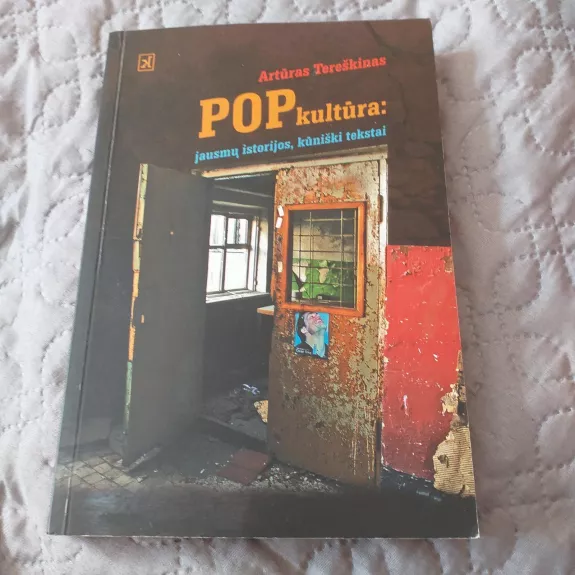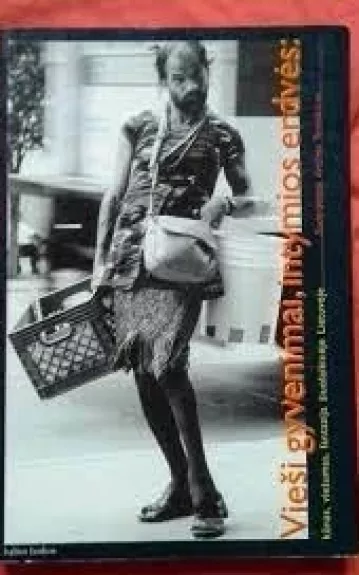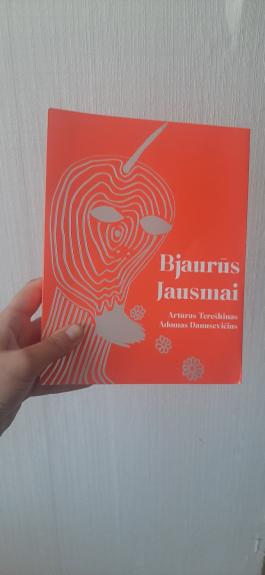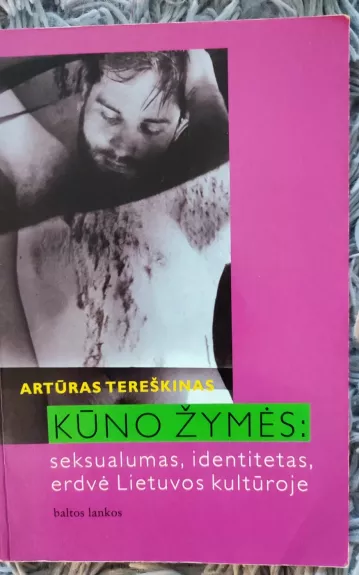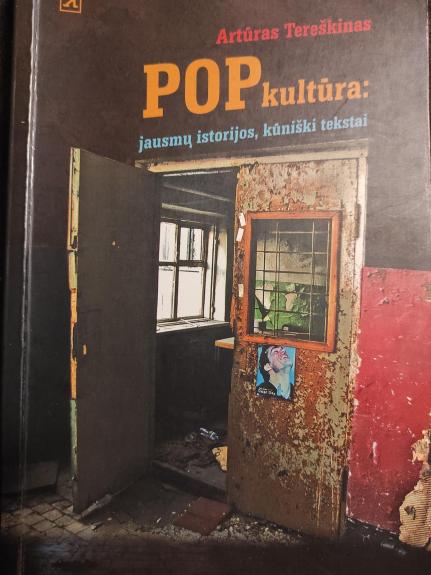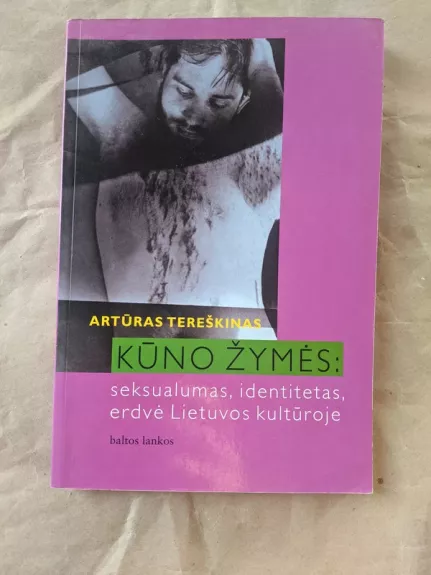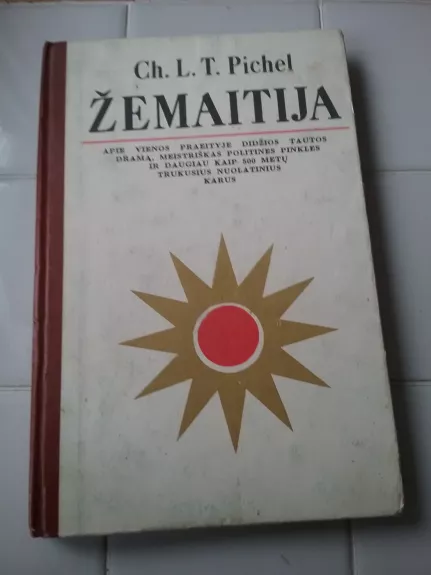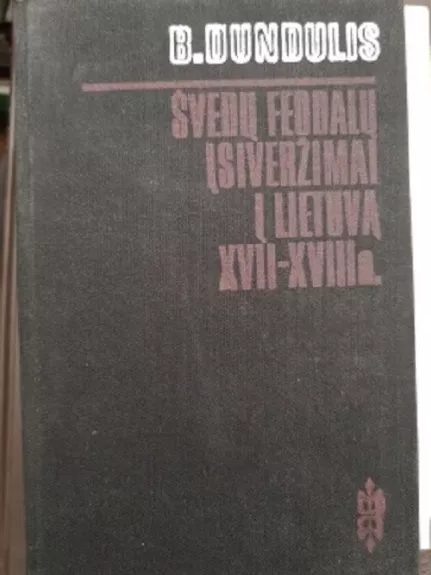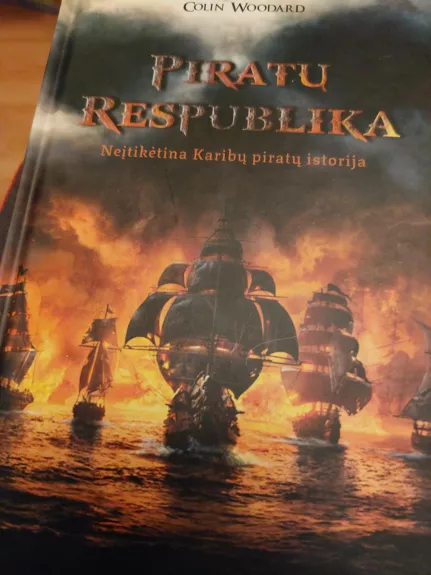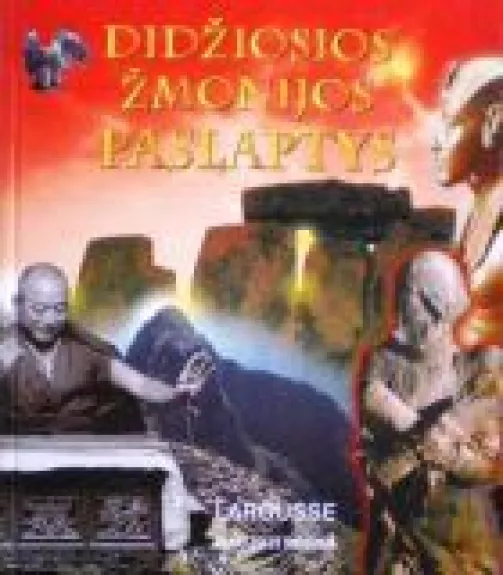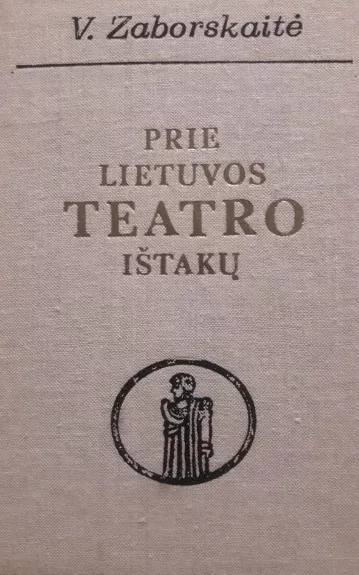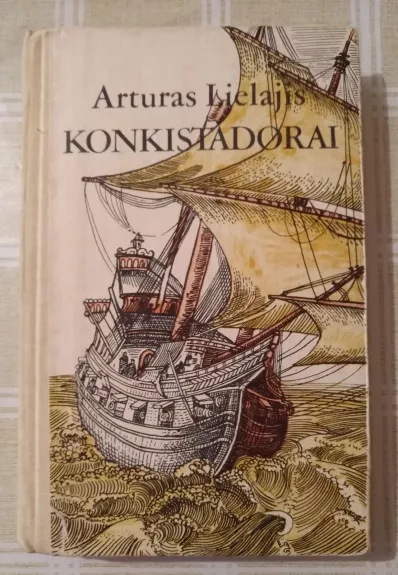
Imperfect communities : identity, discourse and nation in the seventeenth-century Grand Duchy of Lithuania
The study analyzes political, civic, communal, and personal imagination of noblemen in XVII c. Grand Duchy of Lithuania (GDL). By reading a wide range of documents (memoirs, personal correspondence, political speeches, funeral orations, wills and historical documents), the study opens up various ways used to negotiate political nation, state, individual identity discourses, meaning, and images. The work utilizes barely studied historical sources, which are analyzed by applying New historicism and cultural history methodologies. The experience of educated, ambitious, well-travelled GDL noblemen partly reflected cultural assumptions and trends of Western European aristocracy. As every other individual from XVII century, Lithuanian noblemen had to answer for themselves the questions of relation between individual and state, communal belonging, royal power and civic rights, personal identity. In an attempt to reconcile local interests of GDL with the interests of Polish-Lithuanian Republic and to articulate separate solidarities, Lithuanian noblemen were entangled in a choice of conflicting discourses, based on the concept of flexible, but fragmental communities. This complicated dialectics of shaping identities is explored in the study. The study utilizes the sources of political and cultural thought from Western Europe of those times, which were also widely perused among GDL noblemen. By presenting the Grand Duchy of Lithuania to international society and promoting Lithuanian culture and history, this study enriches the analysis of Lithuania’s historical and social culture.


